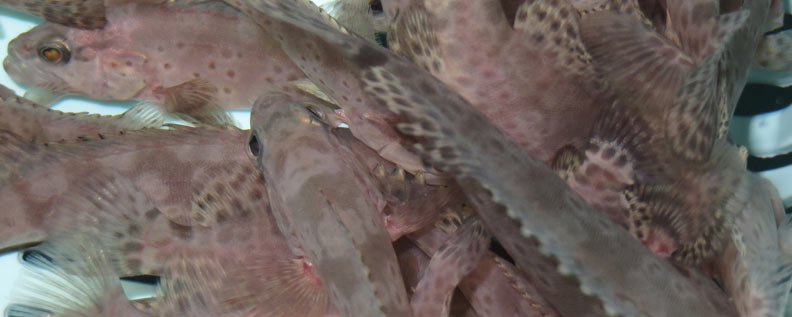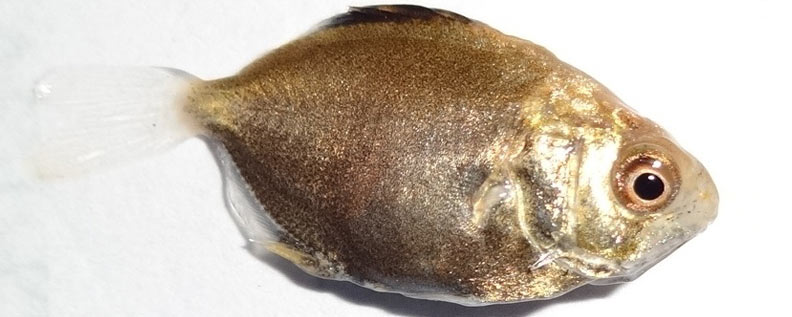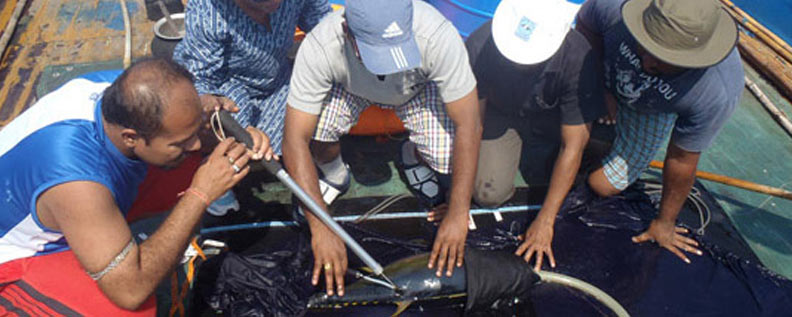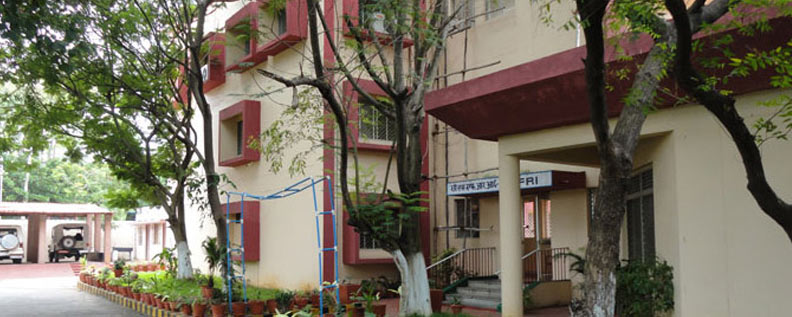- Thrust Areas of Research
-
Major Achievements
-
Technology or Concepts Developed
- Policy guidance for sustainable management of marine fisheries of Andhra Pradesh
- Tagging of yellow fin tuna with pop-up satellite tags
- Biological reference points and stock assessment of commercially important finfishes, crustaceans and molluscs have been made
- Spatio-temporal mapping of resource distribution and abundance
- Growth parameter revalidation in captivitylive ageing
- Catch rate modeling with environmental parameters
- Carbon foot print of marine capture fisheries
- Assessment of economic impacts of trawl juvenile by-catch along the coast of Andhra Pradesh Developed low-cost Re-circulating Aquaculture System (RAS) for broodstock development and nursery rearing of marine finfishes
- Captive broodstock of orange spotted grouper (Epinephelus coioides), Indian pompano (Trachinotus mookalee) and John’s snapper (Lutjanus johnii) achieved in RAS as well as cage
- Natural spawning/induced breeding protocol for orange spotted grouper developed
- Induced breeding protocol of Indian pompano and John’s snapper evolved
- Seed production technology of orange spotted grouper, Indian pompano and John’s snapper developed and standardized
- Technology standardized for mass production of copepod nauplii
- Standardized nursery rearing protocol of Indian pompano, orange spotted grouper and John’s snapper in different culture systems
- Technology developed for grow-out culture of Indian pompano, orange spotted grouper and John’s snapper in cage as well as pond
- Conducted skill development programmes in the area of live feed production, cage culture and coastal pond culture
-
Ongoing Research Projects
- An inclusive perspective of Gender mainstreaming in Indian Fisheries Sector.
- Analysis of reproductive characteristics of selected potential species for mariculture.
- Assessing the performance of artificial reefs deployed along Tamil Nadu coast.
- Assessment of resilience potential of coral reef.
- Developing conservation plan for biologically sensitive areas along the Indian coast.
- Developing management strategies for sustainable exploitation and conservation of elasmobranchs in Indian seas.
- Development of hatchery technologies for commercially important species in mariculture.
- Development of Sustainable Mariculture Practices through Technological Innovations in Cage and Coastal Farming ecosystems.
- Fishery management plans (FMPs) and recruitment dynamics of bivalves.
- Genetic and genomic approaches for marine fishery resource management, conservation and sustainable mariculture.
- Health management in selected finfish and shellfish.
- Impacts of extreme weather events on marine fisheries in selected ecosystems of Northern Indian Ocean – A geoinformatics approach.
- Innovations in sea cage farming & coastal mariculture.
- Jellyfish bloom dynamics in coastal and marine.
- Marine eggs and larval studies along the Indian Coast.
- Marine Fish distribution and consumption demand in India : A policy outlook.
- National Fishery Management Framework for Large pelagic resources.
- Nutrition and nutrigenomics research for mariculture and marine fisheries.
- Observation and monitoring of coastal/marine pollution and Its impact on sea life, prevention and mitigation.
- Preparation of the interactive digital inventory of “Marine fish landing centre focused information” to serve as database for “Marine spatial Planning” in India.
- Resource Assessment and Management Framework for Sustainable Marine Fisheries of Andhra Pradesh.
- Resource Assessment and Management Framework for Sustainable Marine Fisheries of Odisha and West Bengal.
- Resource Assessment and Management Framework for Sustainable Marine Fisheries of Andhra Pradesh.
- Resource Assessment and Management Framework for sustaining Marine Fisheries of West Bengal and Odisha.
- Responsible Marine Fisheries Governance: Compliance Analysis and Peripatetic Capacity Development.
- Socio-Economic Assessment of Marine Fisheries Resource Use and Management in India.
- Sustainable fishing and farming livelihood support programme for the SC –Adi Dravidar fisher community at Kottaikkadu Panchayat, Cheyyur Taluk, Kancheepuram, and Senjiamman nagar in Pulicat, Thiruvallur District of TN- Schedule Caste Sub Plan (SCSP/TSP).
- Techniques for mass production of bivalve seed.
- All India network project on Mariculture
- Covid Pandemic and Marine Fisheries sector in India: Impacts, Externalities and Stakeholders reflections on adaptation and mitigation.
- E. G. Silas Centre of Excellence and Innovations (EGS-CoEI) in Marine Fish Microbiome and Nutrigenomics (Sub project 2- Nutrigenomics).
- Fundamentals of Artificial reefs for improving marine fisheries in India –Trainers Training Programme -ToT.
- ICAR NIAP Network Project on Production systems, Agribusiness and Institutions.
- Marine Mammal Stock Assessment in India.
- National Innovations on Climate Resilient Agriculture (NICRA).
- Omics approaches in the Indian pompano, Trachinotus mookalee and the Indian edible oyster, Crassostrea bilineata (Magallana bilineata) to develop genomic resources for ensuring sustainable aquaculture.
- Seed Production in Agricultural Crops and Fisheries.
- The Changing dynamics of labour migration on employment, livelihoods and resource productivity patterns in the Indian Marine Fisheries Sector.
- Training programme for fishermen on promotion of sustainable fisheries and livelihood through artificial reefs - Travel Grant.
- Tribal Sub-plan and Scheduled Caste Sub-plan (TSP and SCSP).
In-house projects
Externally funded projects
-
Scientific Staff
No Name Designation 1 Dr.Joe K. Kizhakudan Principal Scientist & Head, Visakhapatnam RC 2 Dr.S. S. Raju Principal Scientist 3 Dr.Jayasree Loka Principal Scientist 4 Dr.Ritesh Ranjan Senior Scientist 5 Dr.Biji Xavier Senior Scientist 6 Dr.Loveson Edward L Senior Scientist 7 Dr.Muktha M. Senior Scientist 8 Dr.Pralaya Ranjan Behera Senior Scientist 9 Dr.Sekar Megarajan Senior Scientist 10 Dr.Manas H. M. Senior Scientist 11 Dr.Indira Divipala Scientist 12 Dr.Jasmin F. Scientist
Explore CMFRI
- About Us
- What We Do
- Our Locations
- Knowledge Centres
- Others











